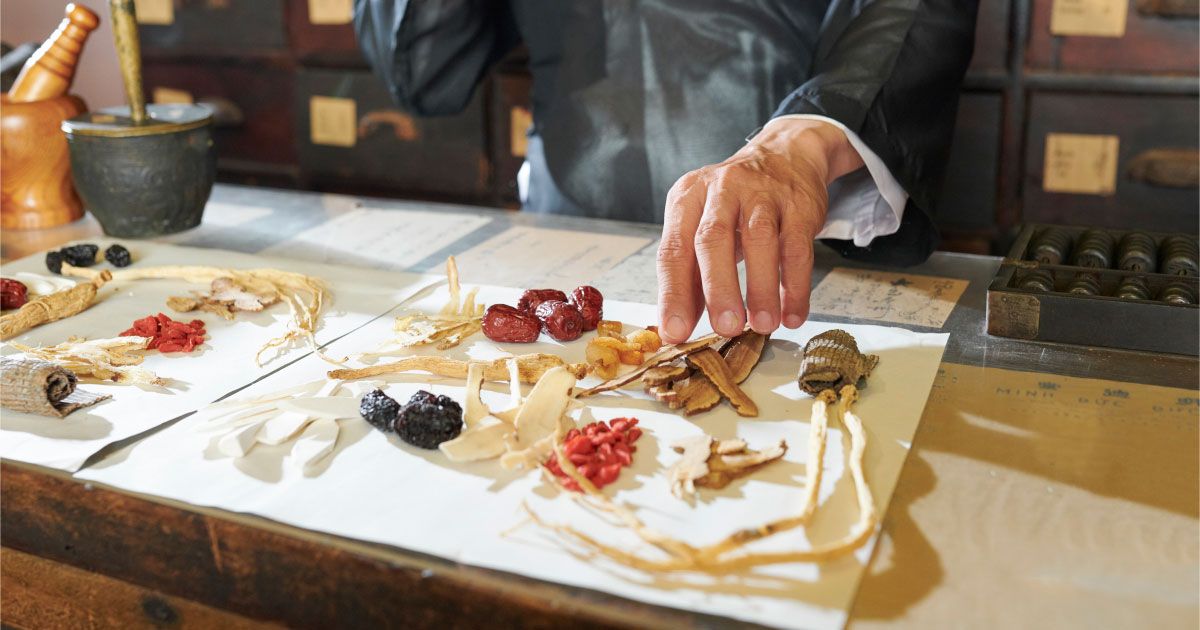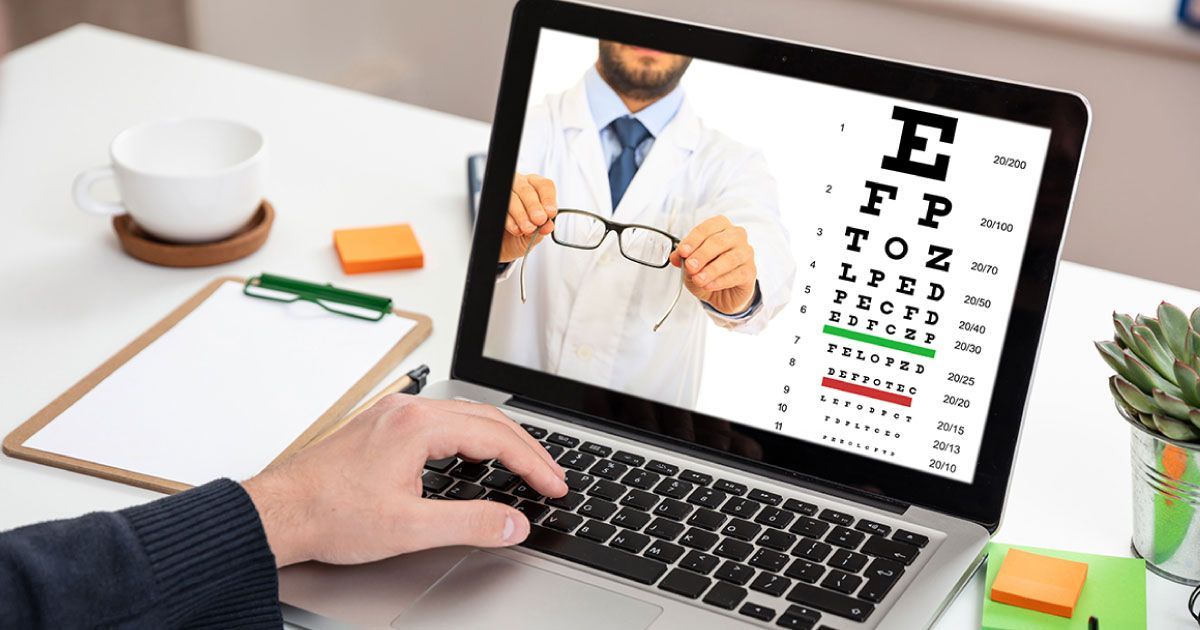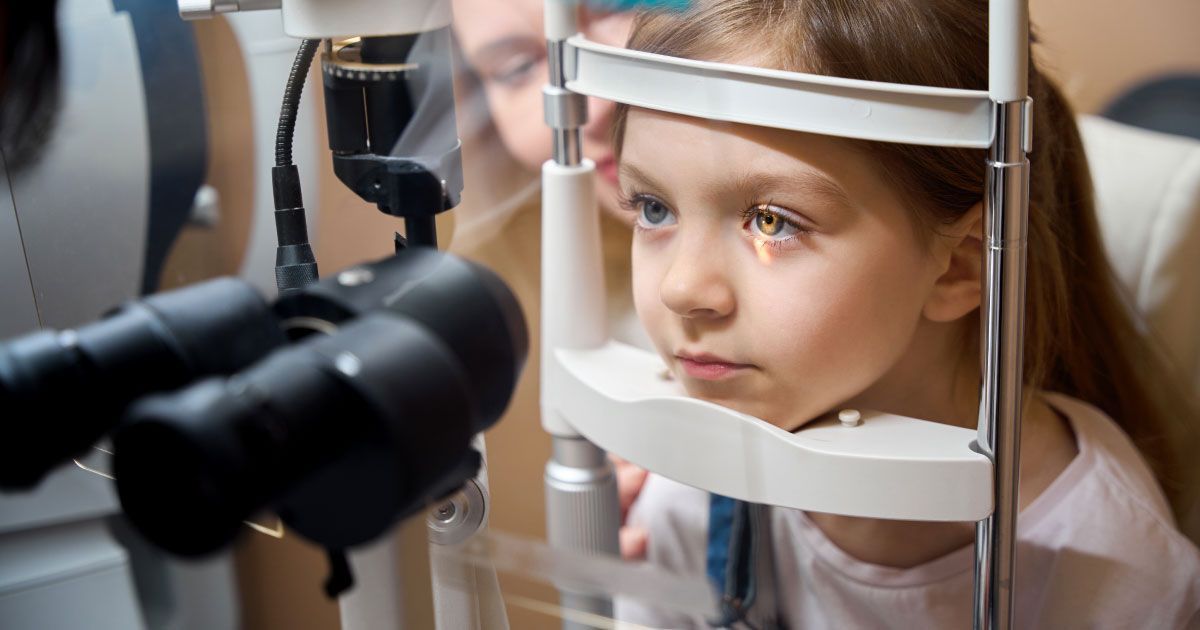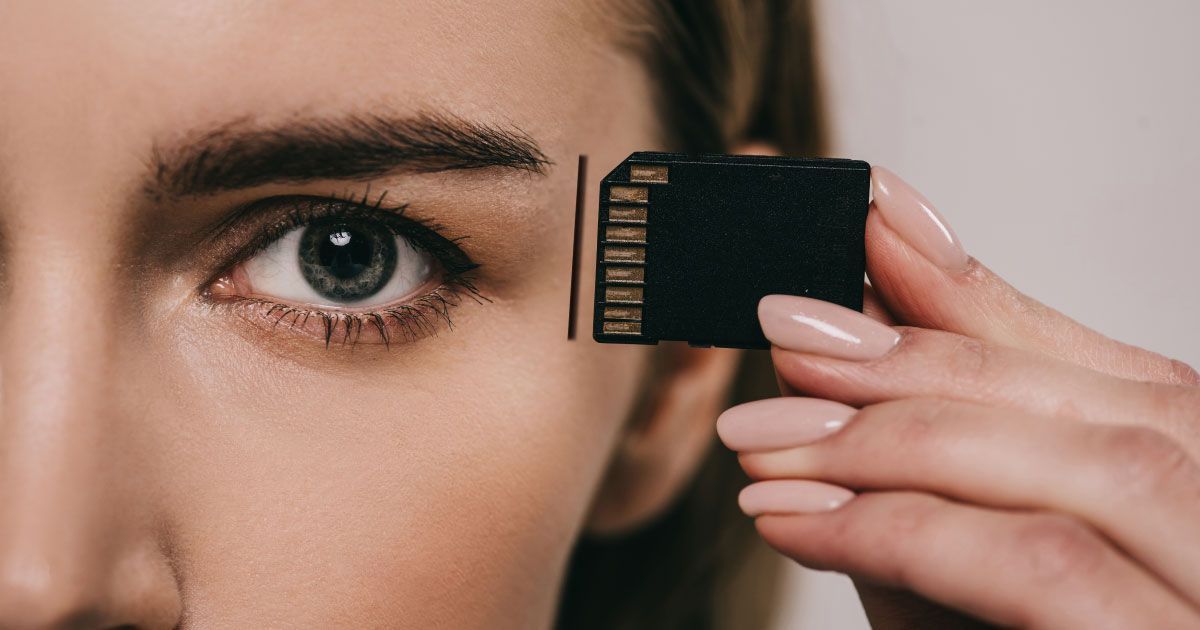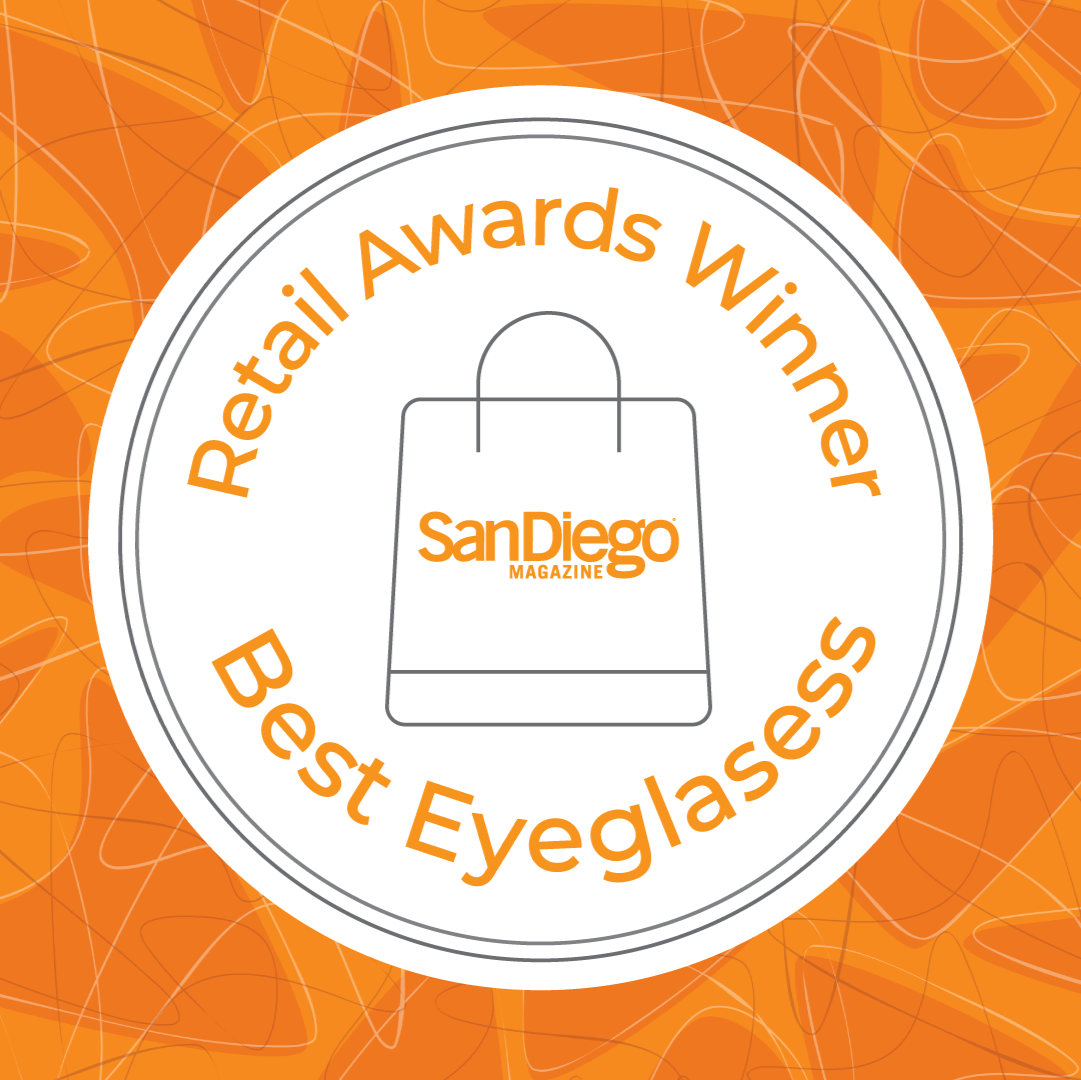Feast Your Eyes: The Vital Link Between Healthy Eating and Good Eyesight

Read time: 4 minutes
Support Your Healthy Vision
Our eyes allow us to see and experience the world, but maintaining good vision is often overlooked. While regular eye checkups are important, your diet also plays a significant role. What you put on your plate can significantly impact your eyesight. Here are some compelling reasons why maintaining a healthy diet is crucial for preserving clear, vibrant vision.
Nutrient-Rich Diet for Eye Health
A diet rich in essential nutrients plays a pivotal role in promoting healthy eyesight. Maintaining healthy eyes and vision is important for overall well-being, and a balanced diet that includes the foods mentioned above can help support eye health. Incorporating some foods from these groups into your diet will help support and protect your eyes from damage and promote healthy vision.
Antioxidants
Antioxidants such as vitamin C, vitamin E, and beta-carotene help protect your eyes from harmful free radicals and reduce the risk of age-related macular degeneration (AMD) and cataracts. These nutrients are commonly found in colorful fruits and vegetables like oranges, berries, spinach, and carrots.
Citrus fruits, such as oranges, grapefruits, and lemons, are high in vitamin C, which can help reduce the risk of cataracts and macular degeneration. Vitamin C also helps the body absorb iron, which is important for eye health. Add some citrus to your diet by slicing up an orange or grapefruit for breakfast, or squeezing some lemon juice over your salad or vegetables.
Leafy greens, such as spinach, kale, and collard greens, are rich in antioxidants that can help protect your eyes from damage caused by free radicals. These vegetables are also high in vitamins A and C, which are essential for eye health. Add some leafy greens to your diet by tossing them in a salad, sautéing them with garlic and olive oil, or blending them into a smoothie.
Omega-3 Fatty Acids for Macular Health
Omega-3 fatty acids, abundant in fatty fish like salmon, mackerel, and trout, are essential for maintaining the health of the macula, the central part of the retina responsible for detailed vision. Consuming these healthy fats supports proper retinal function, reducing the risk of dry eyes and age-related vision problems.
Add some fish rich in omega-3 fatty acids to your diet by grilling or baking it, or by using canned tuna or salmon in a salad or sandwich.
Lutein and Zeaxanthin for Blue Light Protection
Lutein and zeaxanthin are two potent antioxidants found in high concentrations in the retina. These compounds filter harmful high-energy blue light and protect your eyes from potential damage. Incorporating foods like kale, spinach, and egg yolks into your diet can boost the levels of these nutrients, helping safeguard your eyes against digital device-related strain.
Eggs are also high in vitamin D, which can help reduce the risk of macular degeneration. Add some eggs to your diet by scrambling them for breakfast, or using them to make a quiche or frittata.
Blood Sugar Management and Diabetic Eye Disease
Maintaining stable blood sugar levels is crucial for preventing diabetic eye diseases, which can lead to vision loss. A diet rich in complex carbohydrates, whole grains, lean proteins, and healthy fats helps regulate blood sugar and reduces the risk of diabetic retinopathy and glaucoma.
Whole grains are beneficial for maintaining good eye health. They contain essential nutrients such as vitamin E, zinc, and niacin that contribute to overall eye health. Additionally, their low glycemic index can help regulate blood sugar levels, which is crucial for preventing diabetic eye diseases. Whole grains that can help support eye health include quinoa, brown rice, barley, whole wheat, and bulgur.
Vitamins A and E for Night Vision
Vitamins A and E are essential for optimal night vision. Vitamin A promotes the function of photoreceptors in the retina, enabling better vision in low-light conditions. Foods like sweet potatoes, carrots, and fortified cereals are excellent sources of vitamin A, while nuts and seeds provide vitamin E.
Nuts and seeds, such as almonds, walnuts, and chia seeds, are rich in vitamin E, which can help protect against age-related macular degeneration. These foods are also high in omega-3 fatty acids, which, as mentioned earlier, can help prevent dry eyes and macular degeneration.
Hydration for Dry Eyes
Dehydration can lead to dry eyes, causing discomfort and potentially impacting your vision. Staying hydrated by drinking sufficient water and consuming water-rich foods like cucumbers, watermelon, and citrus fruits helps maintain tear production and alleviate dry eye symptoms.
Making Conscious Choices to Include Eye-Healthy Foods in Your Diet
In a world filled with screens, digital devices, and environmental pollutants, your eyes need protection and care more than ever. Incorporating a balanced, nutrient-rich diet not only supports overall health but also significantly contributes to maintaining good eyesight. From antioxidants that shield against harmful free radicals to essential fatty acids that nourish the retina, the foods we eat play a vital role in preserving clear and vibrant vision.
Also, remember that
regular checkups with your eyecare professionals at award-winning Urban Optiks Optometry are essential to investing in the well-being of your eyes and enjoying a brighter, clearer future.
Share this blog post on social or with a friend:
The information provided in this article is intended for general knowledge and educational purposes only and should not be construed as medical advice. It is strongly recommended to consult with an eye care professional for personalized recommendations and guidance regarding your individual needs and eye health concerns.
All of Urban Optiks Optometry's blog posts and articles contain information carefully curated from openly sourced materials available in the public domain. We strive to ensure the accuracy and relevance of the information provided. For a comprehensive understanding of our practices and to read our full disclosure statement, please click here.





